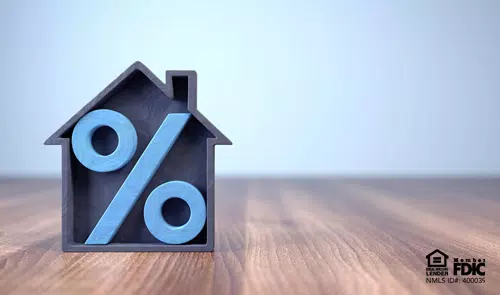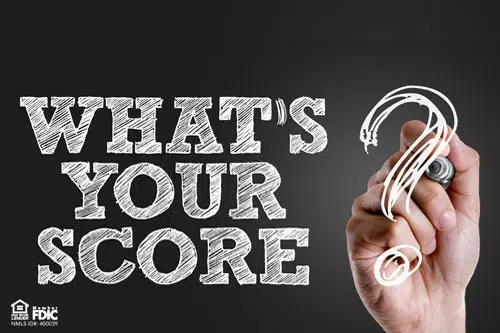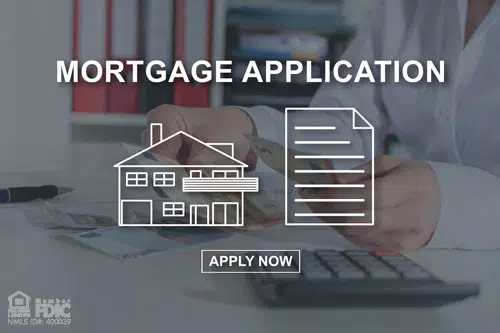Many first-time home buyers are surprised when they apply for a mortgage loan. Specifically, their interest rate is much higher than expected. While interest rates for home mortgages at the moment are overall low, several factors can influence what interest rate you will receive, such as your credit score, the term, and loan type.
If you are currently thinking of buying a home, here are five things you can do to make sure you get the lowest interest rate possible:
- Improve your credit score. Your credit score is the number one factor that can affect what interest rate you will receive. Most lenders use the Fair Isaac Corporation (FICO) model for credit scores, which grades borrowers on a 300 to 850-point scale. The higher the number, the less risk to the lender, which may result in a lower interest rate on your loan. To raise your credit score, you should make sure you pay bills on time, reduce your debt by keeping credit card balances low or paying them off, and apply for new credit accounts only as needed. Improving your credit score takes time, so start now.
- Keep steady employment. Many lenders will look at your length of employment and require at least two years’ worth of W2s and pay stubs from the same employer. If owning a house is essential to you, try not to job-hop. For self-employed borrowers, other loan opportunities are available to help them secure a loan that looks at different factors besides consistent employment.
- Consider an ARM. ARMs, or Adjustable-Rate Mortgages, are loans with a variable interest rate applied to the outstanding balance that changes throughout the term of the loan. The variable rate is traditionally lower upfront than a fixed-rate mortgage loan but can increase or decrease after the introductory period ends.
- Make a sizeable down payment. Lenders consider down payments as the amount of stake you are willing to put into the property, thus reducing their risk. You may get a lower interest rate if you can afford a 20% or more down payment on the home. Having less to finance will, of course, also lower your monthly payments. And if you can’t make the typical 20% down payment, most lenders will require you to purchase mortgage insurance, increasing your monthly payment. Reduce your loan term. The loan term refers to the duration of the loan, and the shorter the term, the lower the interest rate. The payments, of course, will be higher, but the interest paid over the term will be lower.
- Get the loan type that works best for you. There are several loan types available for first-time home buyers. While conventional loans are the most common type available, they may not be the best choice for first-time home buyers with challenged credit or who can’t make a down payment. An alternative may be an FHA loan, which includes mortgage insurance, which may require a smaller down payment and have competitive interest rates. For veterans or military families, a VA loan may be an option, which may not require a down payment, has traditionally lower interest rates and many lenders don’t charge lender fees (3rd party service provider fees such as appraisal, title, etc., will still apply). If certain life circumstances, like a change in income, job loss, bankruptcy, or short sale, make it hard to get a loan, a non-conforming loan could be a solution. These loans usually have more flexible underwriting guidelines, but the interest rate may not be as low as other loan types.
For more help getting the best interest rate on a loan that makes sense for your current situation, contact a mortgage specialist at NASB at 888-661-1982 or click here to learn about our lending products.




